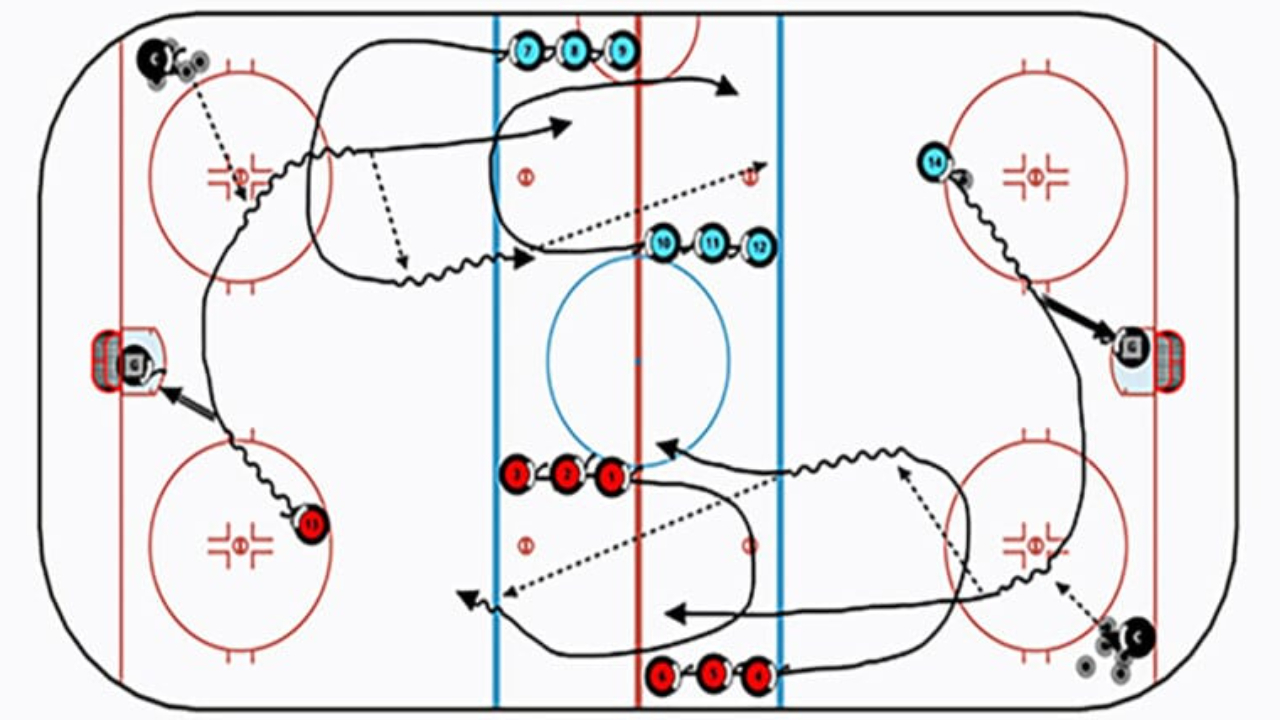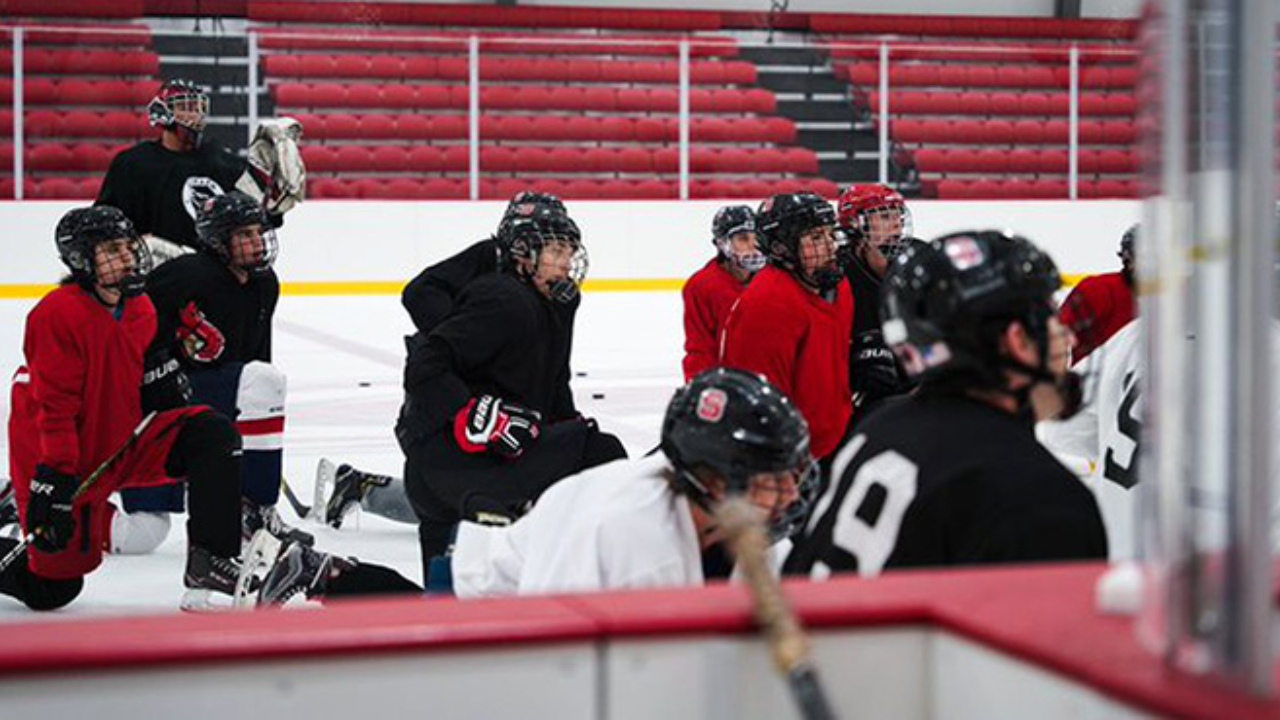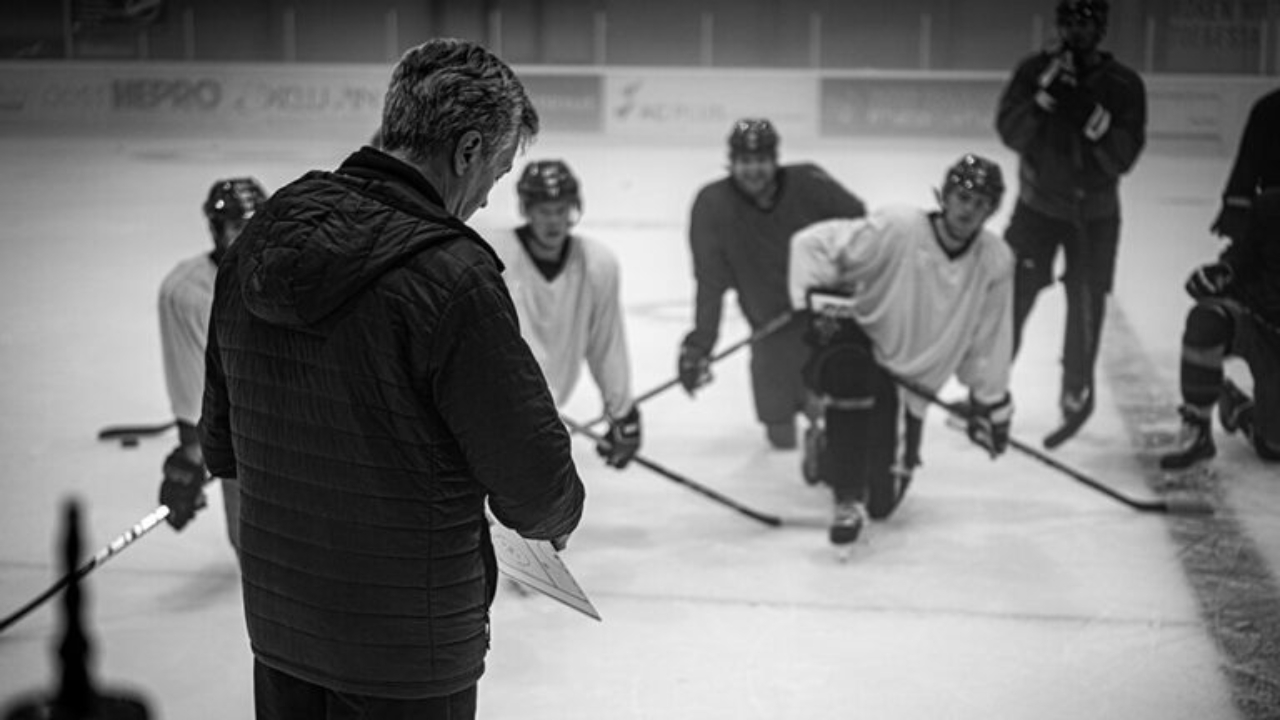
If you truly want to be a coach who is about "details," it needs to be an all-encompassing, every day attitude.
There are certain words and phrases that seem to catch steam in any given industry – and for good reason. Buzzwords don’t become buzzwords unless there’s some substance and truth behind them.
In business, you might hear about “interdepartmental synergy” or how to “incentivize” your customers. Sports aren’t immune. You’re constantly hearing big words thrown around like “culture” and “accountability” or ensuring you’ve “adopted a growth mindset.”
And while they’re all important terms in the grand scope, what’s truly important is understanding at their core what they all mean. Anyone can regurgitate information or words – the real value is a deep understanding and practical application of said knowledge.
Unless you’ve been living in isolation for the last several years, there’s a good chance you’ve heard a coach or manager or executive talk about “attention to detail.” It’s certainly not a new concept. Look up “attention to detail” and you’ll find countless quotes and articles about how important little details are to your success as an individual, team, or organization. But as time goes on, its usage seems to lose more and more of its lustre. More and more, you open your phone to Twitter to see videos of coaches talk about their team’s inability to “play with detail.”
Yes, X’s and O’s are a vital aspect of coaching – as is strategic planning and execution for a business, but is that where your detail starts and ends? To be clear, the answer is no. And to be even clearer, “working hard” does not equate to “attention to detail” – although “attention to detail” is “hard work.”
If you truly want to be a coach or manager who is about details, it needs to be an all-encompassing, every day attitude.
Does your team all wear their team-branded apparel? Or do some wear last year’s outfit, others generic branded or even of other team’s logos? If you purchased shoes for workouts, does everyone wear them? Do your workouts start on time, at the same time? Is your locker room clean? Do you use the same font and letterhead in all communications? Does your entire staff use the same email signature?
If you want to talk the talk, you need to be able to walk the walk. To be “about the details”, details need to matter. Nothing can ever be too small to pay attention to.
Attention to detail is about being able to focus on the task at hand with full attention – no matter how mundane the task may be. If you’re putting away equipment, is it strewn across the stalls in a random way or does every player put it away the same way, in the same order, every single time? And when someone doesn’t, what do you do?
This mentality may seem regimented or institutional, but the truth is, it doesn’t have to be. The goal is to catch people doing it right, not doing it wrong. Reinforce the positive ways in which details are being attended to and more often than not, you’ll see more and more of your people engaged in keeping it that way. If someone falls short of the expectation, remind them not only of how you do it, but why.
How are you helping the team? Why do details matter to you? Is what you’re doing detrimental to the team?
If you truly want your players to hold each other accountable, they need to recognize what the expectations are in a clearly communicated manner and exactly why they are the expectation. If you pay attention to detail when it comes to putting on your shoes, surely it will be easier to pay attention to detail when it comes to in-field performance.
It becomes a habitual way of operation. It no longer becomes a personal affront when someone is “called out” for not pulling their weight.
Engage your people and catch them doing it right, and often you’ll find out they’ll recognize when they’re doing it wrong before they even have to be told. The highest performing teams and organizations are able to recognize a problem, find a solution and move on quickly without ever personalizing the message. In the end, it’s all about the team.
There are days that feel like details don’t matter. When you’re doing the things right and not getting the results — that’s when it matters most. If you get a question like, “Why does it matter what order I put helmets into the stall? That has nothing to do with winning,” the answer is: “It has everything to do with winning.”
The old adage “how you do anything is how you everything,” still holds true. It’s really just another way of saying “details matter.”















